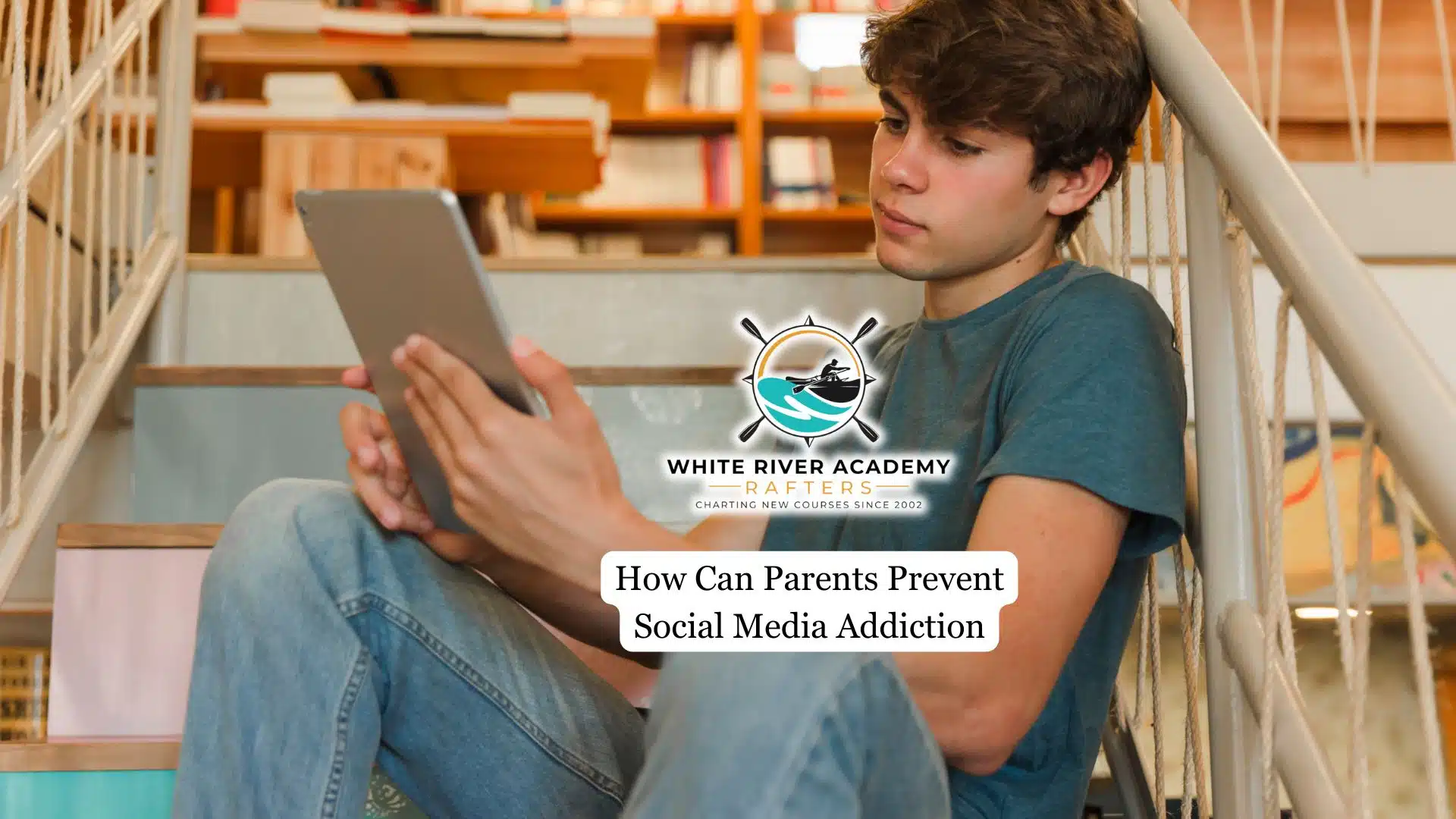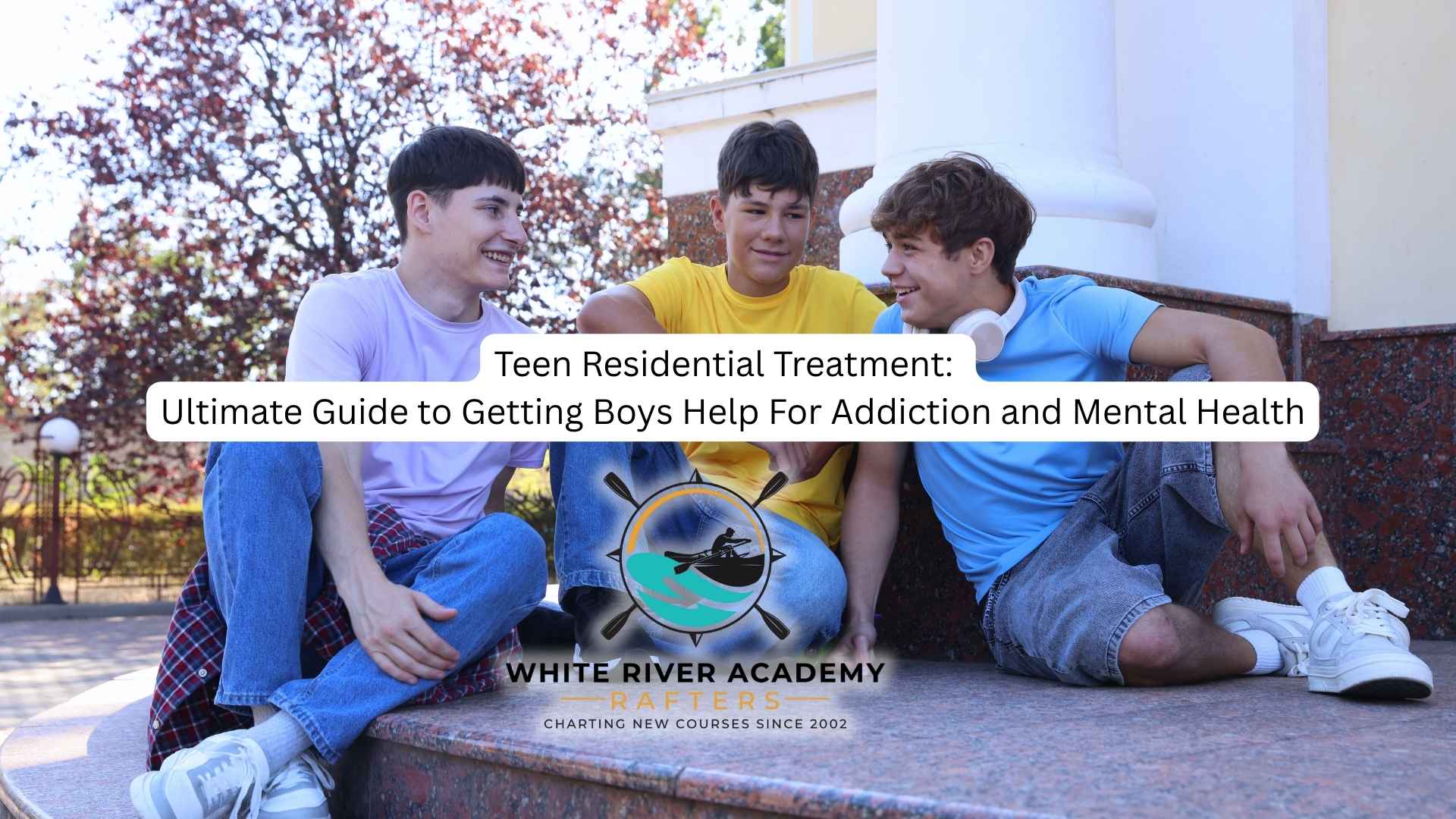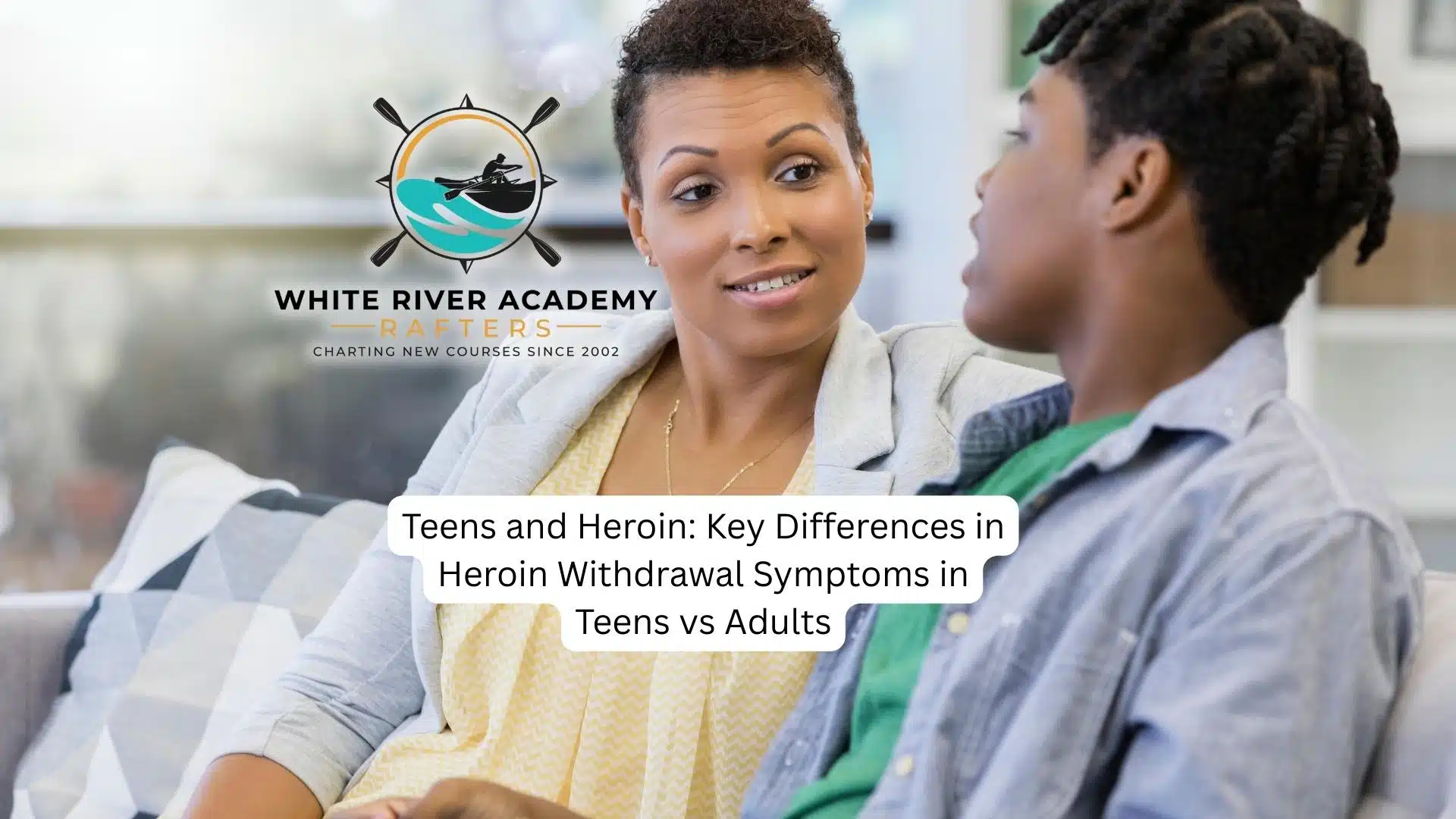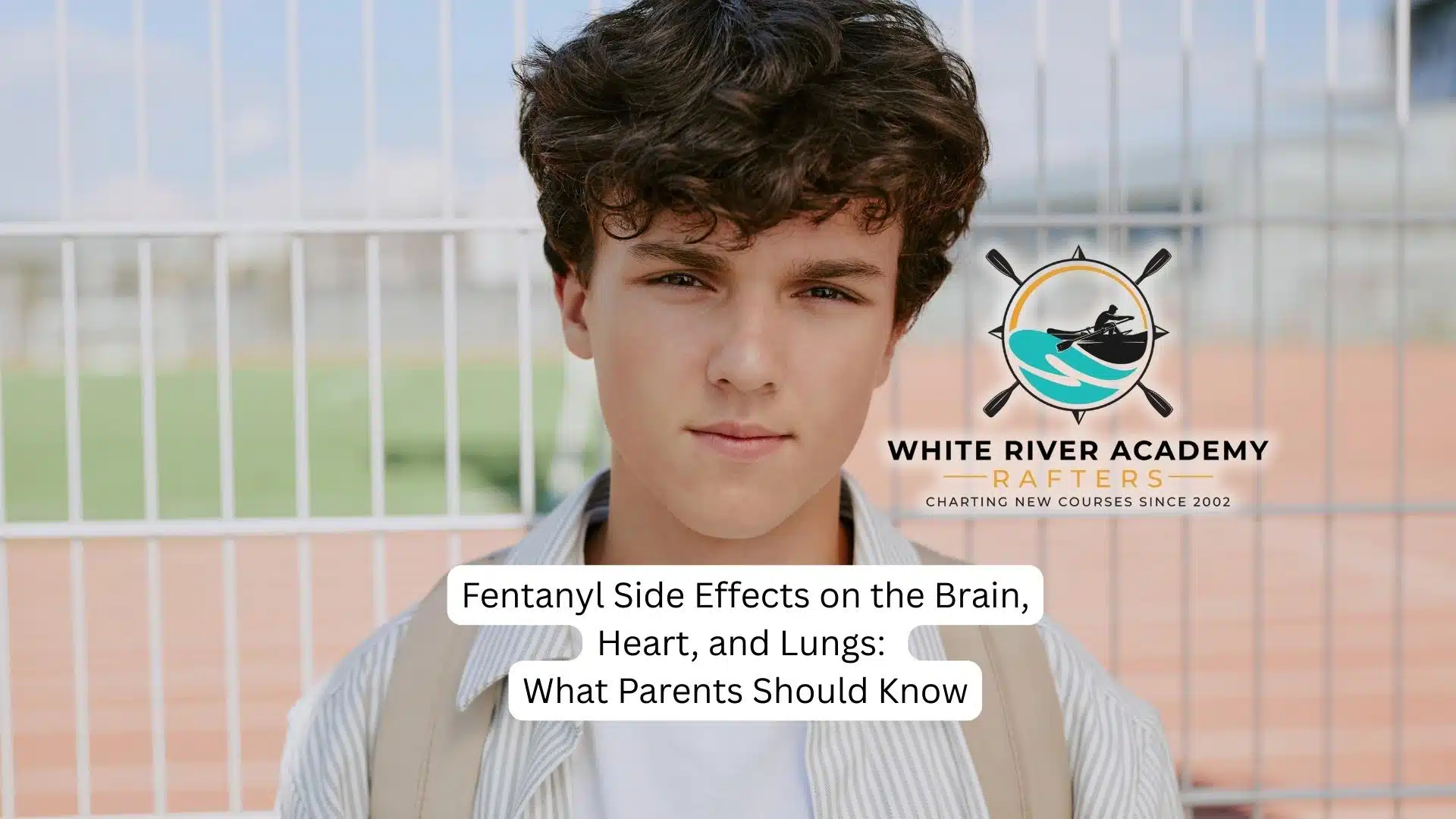Social media platforms provide many advantages, such as staying connected with others and sharing information. However, they also come with significant risks, especially the risk of addiction. As a parent, it can be difficult to navigate the complex digital world, but it’s important to take an active role in preventing social media addiction in your children.
This article provides practical strategies and insights to help you prevent social media addiction in your kids.
Foster Open Communication and Support
Encourage your children to share their feelings about social media usage and its impact on their well-being. Active listening during these conversations will help you identify any underlying issues and strengthen your parent-child relationship.
Regularly discuss the addictive nature of social media to help them develop critical thinking skills and recognize unhealthy patterns. Establishing a safe space for dialogue allows them to openly share challenges and seek guidance without fear of judgment.
Engaging in discussions about mental health and social media can raise awareness and prompt reflection. By promoting emotional intelligence, you’ll help them navigate social situations more effectively in both digital and real-life contexts.
For parents dealing with more serious difficulties related to their teenage sons’ social media usage or other problematic behaviors, there are specialized programs like White River Academy in Utah that provide thorough solutions.
Encourage Offline Activities and Hobbies
Encouraging your children to engage in offline activities and hobbies is a powerful way to prevent social media addiction. Participating in sports, arts, and social gatherings can significantly reduce screen time while promoting healthier lifestyles and improved mental health.
Hobbies like reading, crafting, or volunteering provide productive alternatives that help teens navigate the digital world with a balanced approach. Organized activities also foster social connections and skills essential for offline environments.
As a parent, you can set screen time limits and create tech-free family outings to strengthen bonds and encourage meaningful interactions.
Set Clear Guidelines for Social Media Use
Parents should establish and consistently enforce specific rules about when and how long their teens can use social media and other digital devices. This might include designating screen-free times, such as during family meals, before bedtime, or while doing homework.
It’s important to create a family media plan that outlines these rules and expectations, ensuring everyone understands and agrees to them. Parents can use tools like screen time tracking apps or built-in device features to monitor and limit usage.
However, it’s equally important to explain the reasoning behind these boundaries to teens, helping them understand the benefits of balanced digital consumption.
By involving teens in the process of setting these limits, parents can foster a sense of responsibility and self-regulation.
Discuss the Impacts of Social Media
Talk to your teen about how excessive social media use can fuel negative thought patterns and unrealistic comparisons.
Explain how teens spend countless hours scrolling through curated highlight reels, which can trigger feelings of inadequacy and worsen body image issues, particularly among girls.
Discuss the mental health risks associated with social media addiction, such as increased anxiety and depression.
Emphasize the importance of balance and encourage regular breaks from screens to engage in offline activities.

Actively Engage in Your Child’s Life
By participating in their daily activities, you reinforce the importance of real-life interactions over virtual ones.
Engage in conversations about their interests, hobbies, and friendships to foster a deeper emotional connection, making them less inclined to seek validation online. Encourage involvement in family activities, such as sports or arts, to provide enjoyable alternatives to screen time.
Show interest in their digital interactions and have open discussions about social media to guide them towards healthier online habits. Regularly plan tech-free family outings or game nights to emphasize the value of face-to-face communication and reduce time spent on social media.
Model Healthy Digital Habits
Set a positive example by limiting your own screen time and avoiding excessive social media use.
Prioritize quality family time by designating device-free periods for engaging interactions with family and friends. Openly discuss your social media experiences and their impact on your life to help your child understand the importance of responsible use.
Demonstrate the benefits of real-life connections by taking regular family breaks from technology. Through your actions and open communication, you’ll teach your child to navigate their digital lives responsibly.
Recognizing Warning Signs
Pay attention to sudden changes in their behavior, such as increased irritability or anxiety when they can’t access social media.
Excessive social media use may also lead to poor sleep patterns and physical symptoms like neglecting personal hygiene. If you notice a significant preference for online interactions over face-to-face relationships, it could indicate social withdrawal and declining in-person social skills.
Be aware of potential risks associated with their online behavior, and watch for signs of deceptive behavior, like hiding phone use or avoiding discussions about their digital activities.
Final Thoughts from White River Academy
While the strategies discussed can be highly effective, some situations may require additional support and intervention. White River Academy’s approach combines academic excellence with therapeutic interventions, helping troubled male youth develop healthier habits and coping mechanisms. The program addresses not just social media addiction but also underlying issues that may contribute to excessive online behavior.




